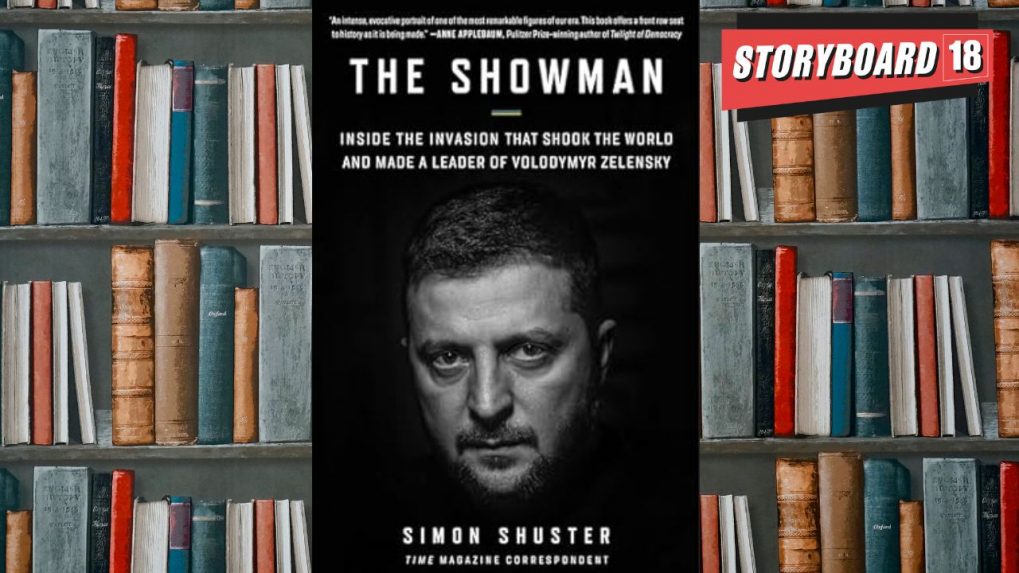Bookstrapping: The Showman by Simon Shuster
As reviewed by Reeta Ramamurthy Gupta, The Showman by Simon Shuster, touches upon the dynamics of the war, raises the question between reality and perception, and a lot more.
ADVERTISEMENT
Of ugliness and history
“When I wake up, I'm already happy that I am able to wake up," said Ukranian President Zelensky on the David Letterman show. On 24 February 2022, in a shocking move, Russia’s Vladimir Putin invaded Ukraine, escalating the Russo-Ukrainian War that started in 2014. This marked the largest attack on a European country since World War II. I strongly urge the age-group 18-35, who depend on information largely conveyed through ‘short-form’ messaging on social media or snippets of digital news, to read this book. Our own warped sense of pride, identity, disappointments, failed relationships and anxiety pale in the face of war.
Here are our five Bookstrapping insights
1. When an actor and stand up comic, becomes president of a nation and then is beset by war, how does he cope? “Humour is a part of one’s being……. it raises our spirits,” he is known to have said. There’s a line in the book that says, “his ascent to the presidency from the world of comedy would not have been possible without a knack for projecting confidence even when he lacked it.”
2. The book puts the spotlight on the dynamics of war; how it puts people in different conditions of existence. That it is a difficult choice as the hatred is overwhelming. Even staying human and 'fighting by the rules' is a hard choice.
3. What comes across strongly is that Zelensky always knew what was his to do. He trusted his generals to do their job and focused on diplomacy. A family man, “Putin stole childhood from our children,” was his consistent position.
4. To what extent can we calculate our future? This is the big question the book asks?
5. One cannot escape the onerous question between reality and perception; this is largely a war fought by the media and can worsen things in war. There is a sentence in the book, loaded with contrast and meaning; ‘Putin, always a spy and never a soldier, preferred as a rule to achieve his ends through subterfuge before turning to violence.
How Zelensky realised that his audience was not not Ukraine but the world, the‘Medvedchuk' factor and conflicts within Ukraine are the nuances one misses in the regular news. Also, bear in mind who Simon Shuster is, as you read the book. A Time Magazine correspondent, he was given unbridled access to Zelensky. This book is the outcome of approximately three years of personal interviews with the President and his inner circle. That’s its greatest strength. What one learns, after finishing the book, is that up until the last hours before the invasion, Zelensky hoped it was a big Russian bluff and we all wished it was! When it wasn’t, he never gave up hope that somehow, he could persuade the world to the cause of Ukraine!
Reeta Ramamurthy Gupta is a columnist and bestselling biographer. She is credited with the internationally acclaimed Red Dot Experiment, a decadal six-nation study on how ‘culture impacts communication.’ On Instagram @OfficialReetaGupta

